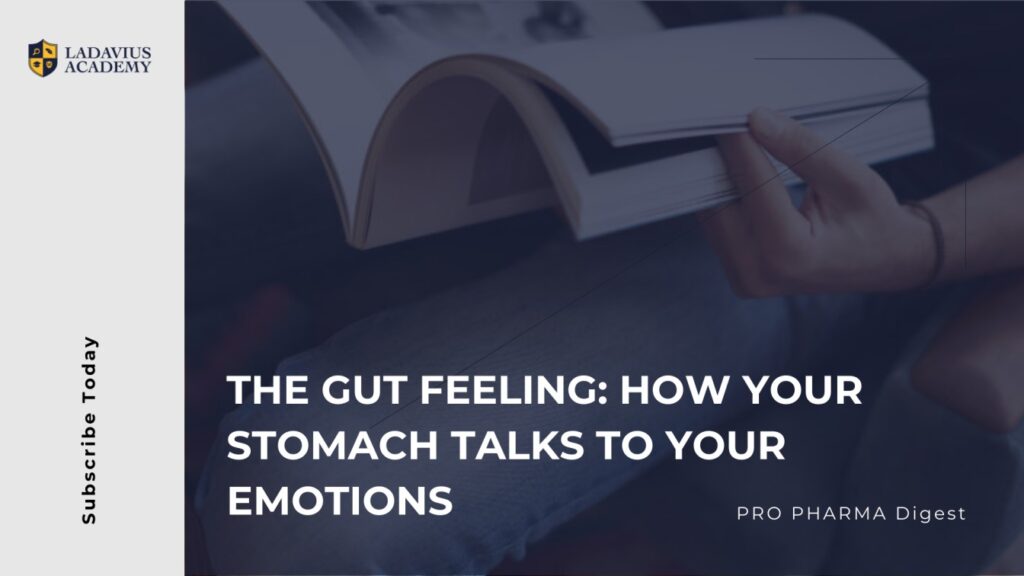Have you ever felt a knot in your stomach before a big presentation, or butterflies during a first date? These expressions hint at a long-suspected connection between our emotions and our digestive system. A new study led by Italian researchers has shed light on this very link, investigating how the stomach and emotions influence each other.
Feeling in Your Gut? It Might Be Real
Researchers recruited male participants and showed them video clips designed to evoke specific emotions: disgust, fear, sadness, happiness, and neutral. While watching the videos, the participants swallowed a special pill that measured the electrical activity, temperature, and chemical environment (pH) inside their stomachs. In addition to these internal measurements, researchers also asked participants to report on their emotional experience and any physical sensations they felt in their bodies.
The study confirmed what many of us already intuitively know: our emotions can have a powerful effect on our stomachs. Participants reported feeling more stomach sensations, like nausea or discomfort, when watching videos that evoked disgust or fear, compared to happy videos.
The Acidity of Emotions
Interestingly, the study also revealed a connection between the acidity level in the stomach (pH) and emotional experience. A more acidic stomach environment (lower pH) was associated with feelings of disgust and fear. Conversely, a less acidic environment (higher pH) was linked to feelings of happiness. This finding held true even when researchers considered the type of video clip a participant was watching. For example, even during a disgusting video, participants who had a less acidic stomach environment reported feeling happier.
The researchers observed other physiological changes alongside the stomach activity. Heart rate decreased during videos that induced fear and disgust compared to neutral videos. Disgusting videos, in particular, also caused an increase in heart rate variability, a measure of how much heart rate fluctuates. Interestingly, blinking decreased during all emotional videos (except sadness) compared to neutral videos.
Beyond Butterflies: Looking to the Future
This study provides strong evidence for a two-way street between the stomach and our emotions. The findings suggest that the digestive system, particularly the acidity levels in the stomach, plays a more significant role in our emotional experience than previously thought.
However, there’s still more to learn. Future research needs to confirm these results in a wider range of participants, including women. Scientists also want to delve deeper into the mechanisms underlying this connection. This could involve studies that manipulate stomach pH during emotional experiences and examine brain activity at the same time.
Understanding this gut-brain connection has the potential to improve our understanding of emotional processing in conditions like autism, depression, and eating disorders, which can all involve gastrointestinal problems. One day, this research might even lead to new therapies that target the gut to help regulate emotions.
Posted June 2024.
Subscribe to our newsletter
Personalised by your preferences, subscribe to our newsletters to get the best of the Pharmaceutical Industry news in your inbox.
